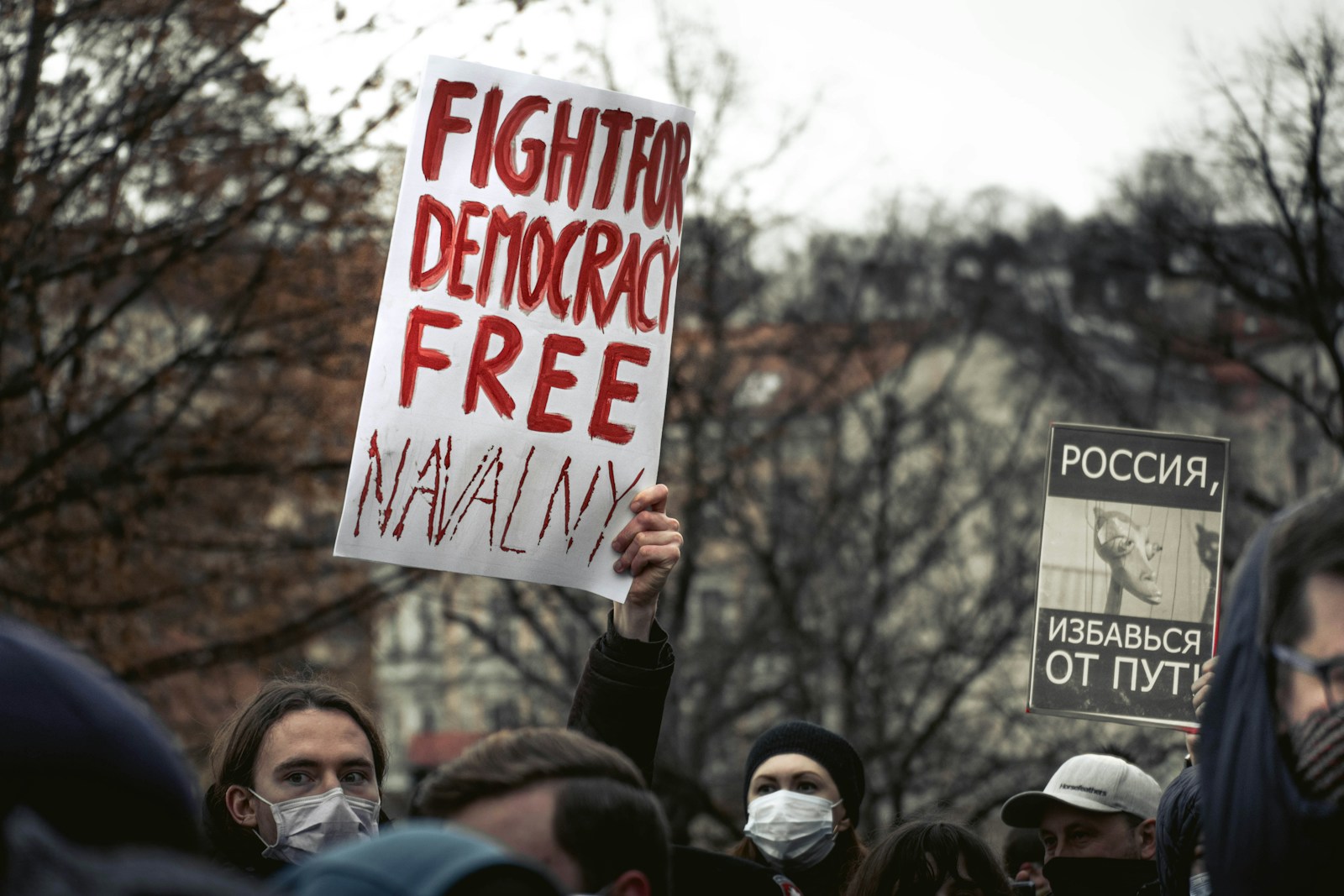Key Takeaways:
- Western democracies face growing risks of failure.
- Decline happens slowly, without dramatic events.
- Public support often unintentionally aids erosion.
- Strong institutions are crucial to democracy.
- Citizen awareness and action can prevent collapse.
What’s Happening to Our Democracies?
Imagine living in a country where elections still happen, but the government ignores the rules. Courts favor the powerful, and the media only reports what the leaders want. This isn’t far-off fiction. It’s the silent erosion of democracy happening right now in many Western countries.
While places like Venezuela or Hungary show extreme cases of democratic decline, other nations are slipping away more quietly. The decline isn’t dramatic. There are no tanks rolling in or mobs rioting. Instead, democratic systems are being weakened step by step, often with the public’s unaware support.
Why Should We Care?
Democracy isn’t just about voting. It’s the foundation of freedom, fairness, and prosperity. When democracy weakens, inequality grows, corruption thrives, and people lose their voice. The decline of democracy doesn’t just affect politics—it touches every part of life, from the economy to education and even personal freedoms.
What’s Causing This Slow Erosion?
The death of democracy isn’t always caused by coups or authoritarian leaders. Often, it’s a result of small, gradual changes that go unnoticed until it’s too late. Here are some key factors:
1. Undermining Institutions
Governments can slowly erode trust in key institutions. When leaders dismiss courts, election commissions, or the media as biased, they weaken the public’s faith in these pillars of democracy. Without strong institutions, democracy loses its foundation.
2. Polarization and Division
When societies become deeply divided, it becomes harder to find common ground. Politicians often exploit these divisions to gain power, even if it means bending or breaking democratic rules. Divided societies are easier to control and manipulate.
3. Erosion of Rights
Democratic backsliding often starts with small changes. Limits on press freedom, restrictions on protests, and changes in election rules can all chip away at the rights citizens take for granted. These changes might seem minor but add up over time.
4. Public Apathy
In some cases, the public unknowingly supports the erosion of democracy. When people feel disenchanted with politics or believe the system is broken, they might support leaders who promise quick fixes—even if those fixes come at the cost of democratic principles.
Can Democracy Be Saved?
The good news is that the decline isn’t inevitable. Democracies can be strengthened when citizens, leaders, and institutions take action. Here’s what can be done:
1. Strengthen Institutions
Independent courts, free media, and fair election systems are essential. Ensuring these institutions remain strong and impartial is crucial to preserving democracy.
2. Promote Civic Education
When people understand their rights and how democracy works, they’re better equipped to defend it. Teaching the value of democratic principles in schools and society can help build a more informed citizenry.
3. Encourage Voter Participation
Voting is a fundamental right and a duty. Higher voter turnout can counteract attempts to undermine democracy. Voting ensures that leaders remain accountable to the people.
4. Foster Unity
Divided societies are more vulnerable to democratic erosion. Building bridges across political and social divides can strengthen resilience against authoritarianism.
5. Hold Leaders Accountable
Citizens must demand transparency and accountability from their leaders. When leaders act undemocratically, speaking out and organizing can make a difference. A vigilant public is democracy’s best defense.
The Path Forward
Democracy isn’t a guaranteed forever. It needs care and attention to survive. While the challenges are real, there’s still time to act. By strengthening institutions, staying informed, and standing up for democratic values, we can ensure that our democracies endure. The fight for democracy is ongoing, but with awareness and effort, we can prevent its slow death.
